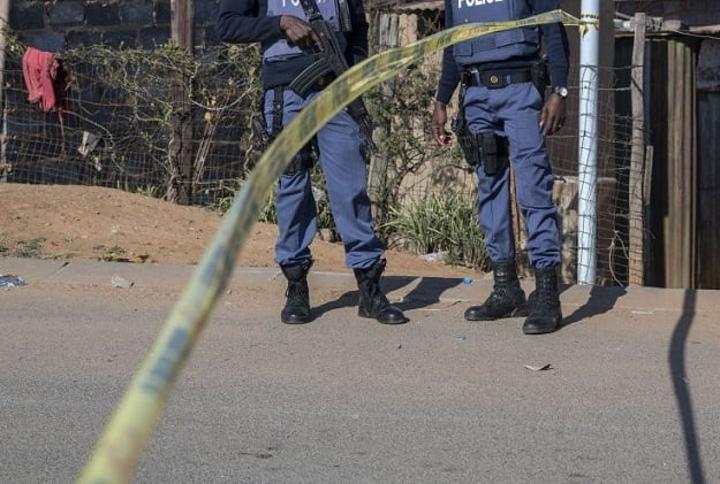Africa-Press – South-Africa. Experts in the security sector have raised concerns about crime levels during peak load shedding schedules and the little improvement made in policing over the last few years.
Head of Justice and Violence Prevention at the Institute for Security Studies, Gareth Newham, said: “Load shedding comes at a time when the state is very precarious. We have not seen improvements in the police in the last five years under the current administration. The decline in the ability to solve murders, to solve armed robberies, and organised crime has continued in the police.
“What you have seen is a decrease in reporting rates because the police don’t take street robberies very seriously, unless you are seriously injured or killed,” Newham said on Tuesday at a media briefing about load shedding-related security threats.
Newham added that there had been a significant increase in car and truck hijackings and that the state was “not able to get on top of that”.
He said load shedding affected home security systems and made people vulnerable to crime.
“We have seen [from] some insurance figures that there has been an increase in claims of house burglaries and robberies during load shedding schedules, and that has increased quite a lot over weekends.
ROLLING COVERAGE | Eskom and load shedding news as it happens
“The increases seem to be spiking as a result of load shedding. Load shedding is a very worrying factor that powers on to a number of other factors that weaken our public security situation and the ability of the state to effectively respond to that situation,” he said.
He added that load shedding would make police stations vulnerable.
“What we want to know from police themselves is how many police stations have back-up electricity systems, particularly at night, because we have seen attacks on police stations and load shedding will make police stations more vulnerable.”
Major Lunga Dweba of the Geopolitical Intelligence Advisory echoed Newham’s sentiments.
“The things I see as concerning for all of us is the actions that follow….the violent action that follows based on a decision that was made by Nersa (the National Energy Regulator of SA).
“What I think is more of a concern in South Africa, is the growing appetite for lawlessness where violent acts are not talked about, but they will be implemented. An example of that is the 2021 July unrest.”
Grant Clarke of the Cash-In-Transit Association of SA (Citasa) said the distribution of money during different stages of load shedding was highly concerning for the cash industry.
“In SA, if we stop the distribution of cash, within three days, we cut down the economy completely.”
Clarke said it had also become very costly for cash centres and branches to run security systems during load shedding.
“Your CCTV cameras, your branch security has to run without fault, and it costs a lot of money to put in generating systems. It has become extremely difficult because you get to a clients’ premises and the power is down; how do you do that pickup? It puts a risk on that vehicle to go back.
“The vehicles are out longer, and the systems within the vehicles also need to be powered up and maintained, so load shedding is a massive concern for us, and as we go through the various stages, it becomes more of a concern.”
Clarke said a total blackout would be disastrous, but added that the cash industry was “geared up” and worked closely with the banking industry to implement contingency plans.
For More News And Analysis About South-Africa Follow Africa-Press






